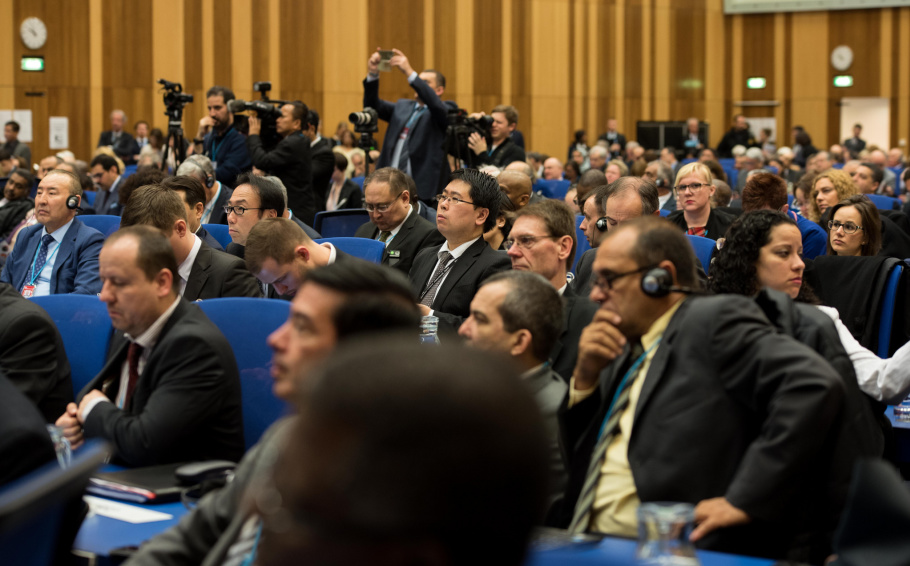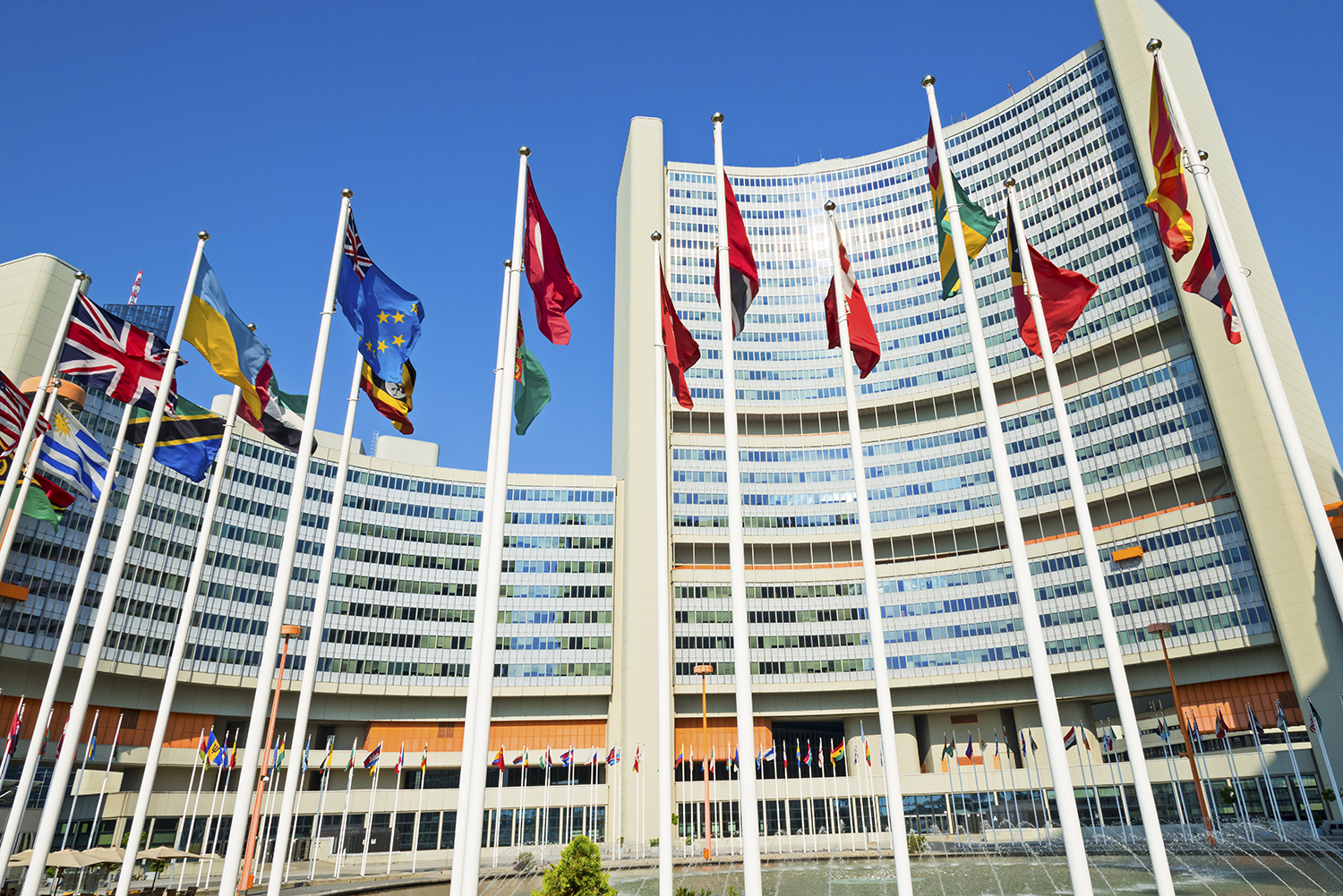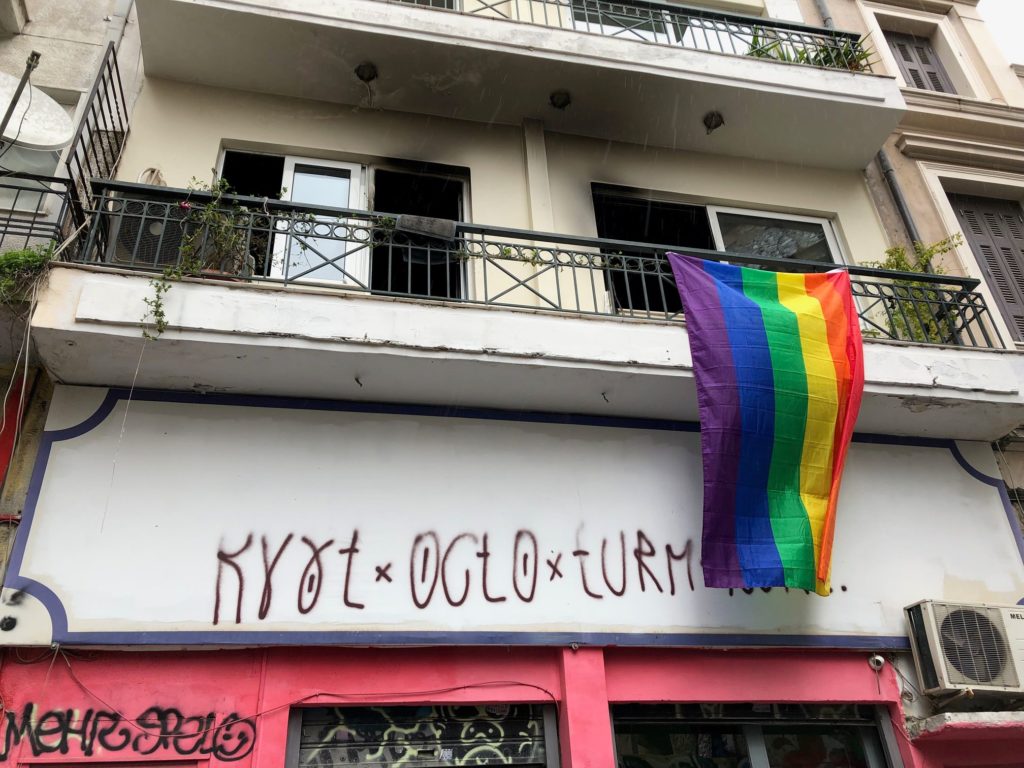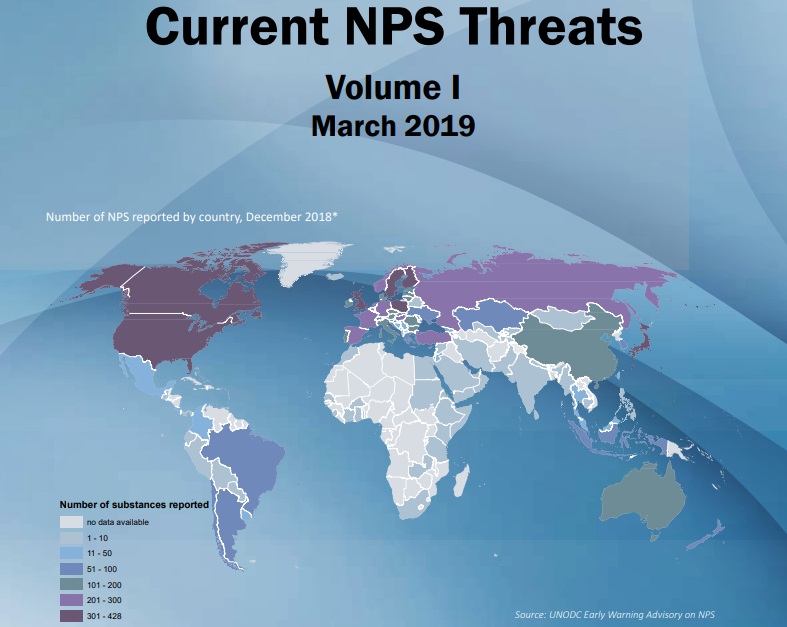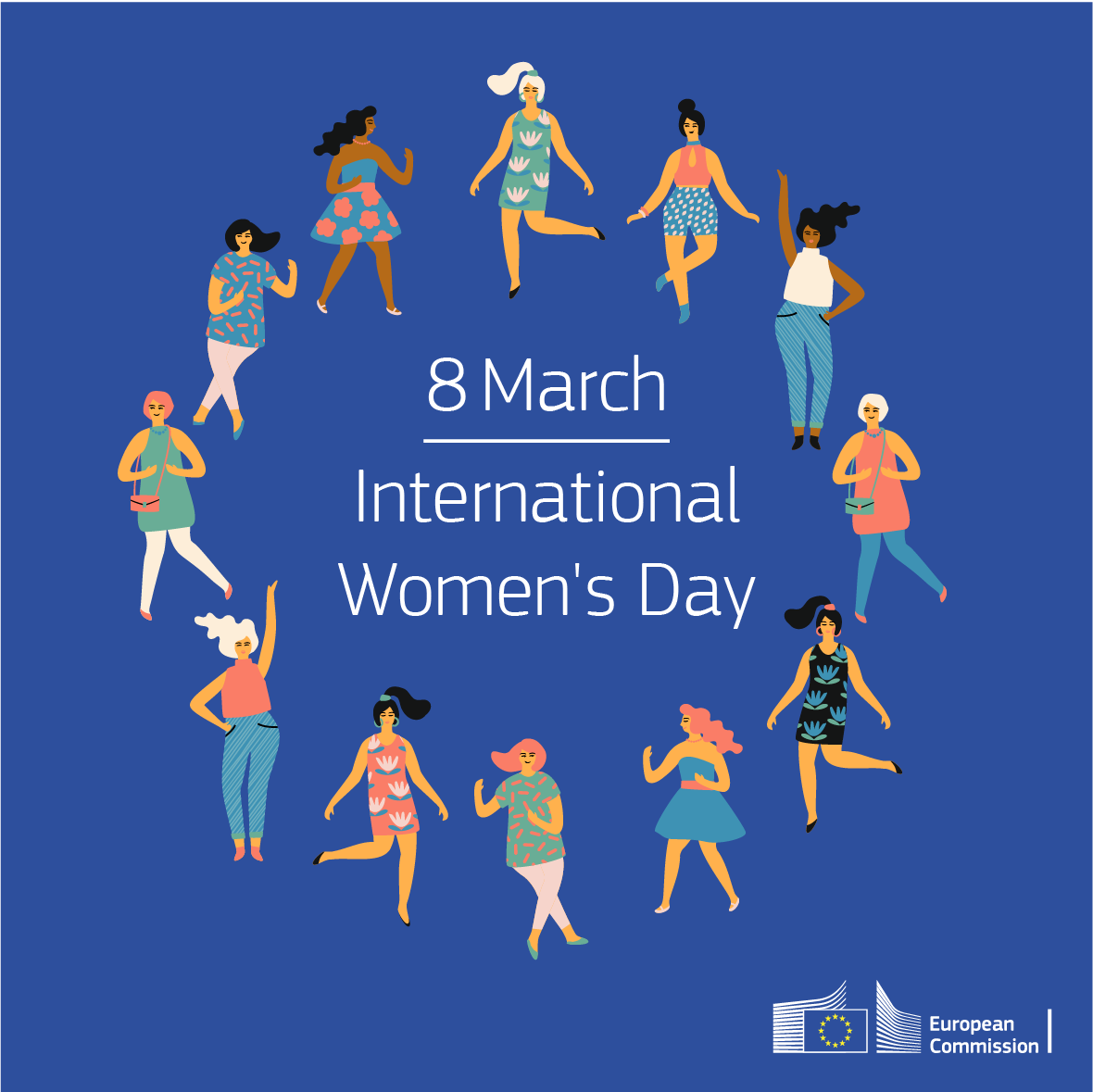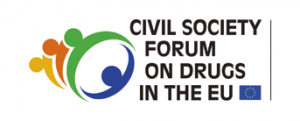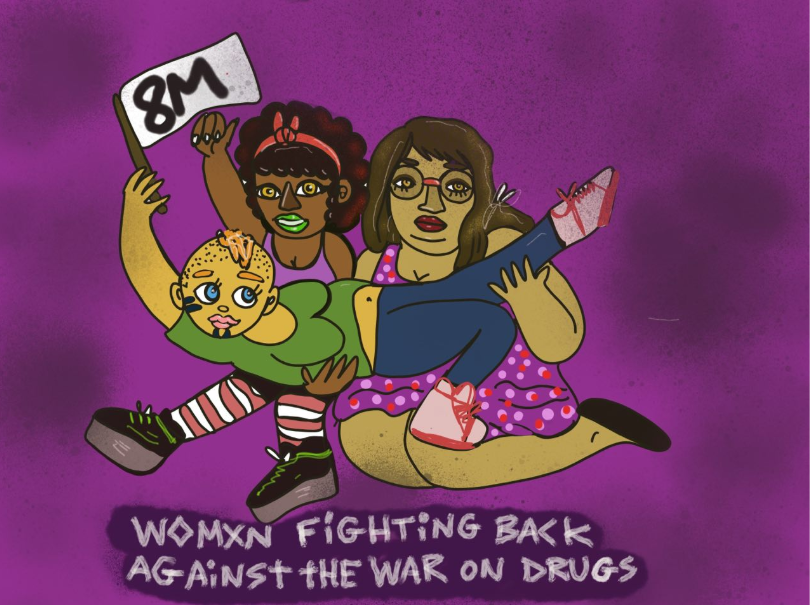The Director of the The European Monitoring Centre for Drugs and Drug Addiction (EMCDDA) Alexis Goosdeel and Albanian Deputy Minister of the Interior Besfort Lamallari and Deputy Minister of Health and Social Protection Mira Rakacolli signed the document of the agreement to cooperate more actively on monitoring the drug phenomenon in future. The signing ceremony took place at the Delegation of the European Union to the International Organisations in Vienna, hosted by EU Ambassador Didier Lenoir, and in the presence of Dimitris Avramopoulos, European Commissioner responsible for Migration, Home Affairs and Citizenship.
The Working Arrangement originates in a request from the Albanian Ministry of the Interior to the EMCDDA Director in 2017 and follows the seal of approval of the European Commission and EMCDDA Management Board. While the agency has signed similar agreements with other third countries, this is the first request of its kind from the Western Balkans. The new agreement provides for the exchange of expertise between the entities concerned and will contribute to developing drug data-collection and reporting capacity in the country.
Dimitris Avramopoulos, Commissioner for Migration, Home Affairs and Citizenship in the European Commission, emphasised that “the Agreement will strengthen the cooperation to develop the right common policies to address drug trafficking in our regions and will pave the way for similar arrangements in the Western Balkans.”
The EMCDDA began its cooperation with Albania in 2007 in the framework of EU-funded technical assistance projects designed to prepare Western Balkan countries for accession to the EU (and for participation in the work of the EMCDDA and its Reitox network. The EMCDDA and Albania are currently working together to consolidate Albania’s capacity to monitor the drug phenomenon through the use of evidence-based tools and knowledge built and promoted within the EU. They also exchange data on new psychoactive substances as well as expertise on establishing a national early-warning system.
While no formal national drug observatory has yet been established in Albania, along the lines of a Reitox national focal point, the EMCDDA has developed close working relations with the Ministry of the Interior and with the Institute of Public Health of the Ministry of Health and Social Protection. This cooperation led to the financing of the first national general population survey on drugs in Albania in 2014 as well as the production of a Country Drug Report for Albania in 2017 following EMCDDA guidelines.
Albania is one of six candidate and potential candidate countries to the EU currently receiving assistance under the EMCDDA IPA 6 project, which kicked off in July 2017 and will run until June 2019.




